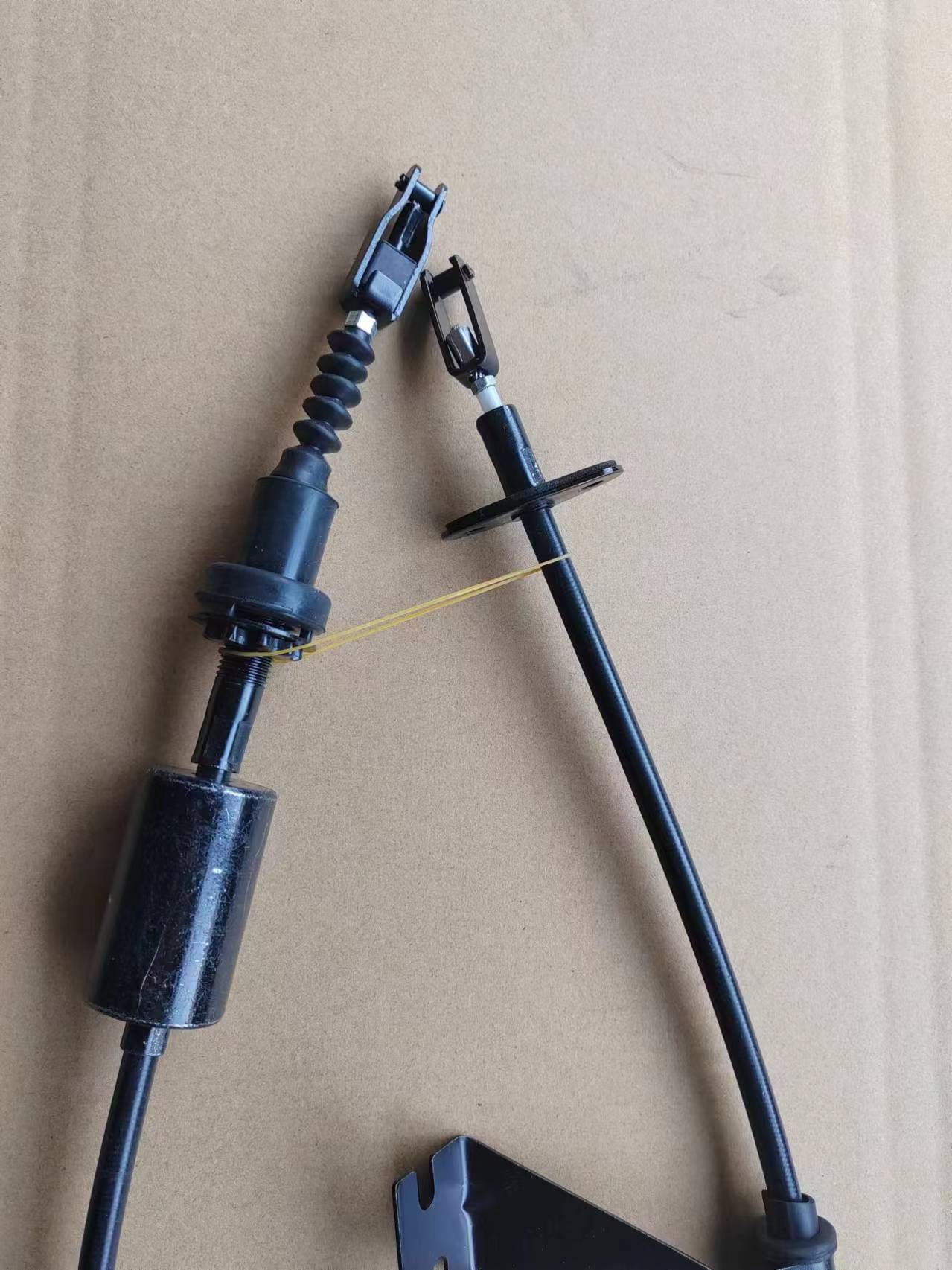Understanding the Importance of Clutch Hose in Vehicle Performance and Maintenance
Understanding Clutch Hoses An Essential Component for Vehicle Performance
When it comes to the intricate mechanisms that keep our vehicles running smoothly, the clutch system plays a pivotal role. Among the various components that make up this essential system, the clutch hose often goes unnoticed. This article delves into the importance of clutch hoses, their functionality, maintenance, and common issues that can arise.
What is a Clutch Hose?
At its core, a clutch hose is a flexible tube designed to transport hydraulic fluid between the clutch master cylinder and the clutch slave cylinder in a vehicle. This component is crucial in a hydraulic clutch system, allowing the driver to engage and disengage the clutch seamlessly. Unlike mechanical linkages, which can wear out or become stuck, hydraulic systems offer a smoother and more reliable operation, making the clutch hose a vital part of this modern convenience.
The clutch hose is typically made from materials such as rubber or reinforced synthetic blends. These materials are designed to withstand high pressures and temperatures while maintaining flexibility. However, they are not impervious to wear and tear, which is why regular maintenance is essential.
How Does a Clutch Hose Work?
When the driver presses the clutch pedal, the movement generates pressure in the clutch master cylinder. This pressure is transmitted through the clutch hose, allowing hydraulic fluid to flow to the slave cylinder, which in turn activates the clutch mechanism. This system ensures that power from the engine can be efficiently transferred to the transmission, facilitating smooth gear shifts.
In summary, the clutch hose's role in this operation is to provide a reliable, pressure-resistant pathway for hydraulic fluid. Its efficiency directly affects the overall performance of the clutch system, demonstrating just how crucial this seemingly minor component is.
Maintenance of Clutch Hoses
Maintaining the clutch hose is vital for the longevity and performance of a vehicle’s clutch system
. Here are several key maintenance tips1. Regular Inspections Periodically checking your clutch hose for signs of wear, cracks, or leaks can prevent larger issues down the road. If you notice any fluid pooling under your vehicle, it may indicate a leak in the clutch system.
clutch hose

2. Fluid Checks The hydraulic fluid used in the clutch system can become contaminated or depleted over time. Regularly check the fluid level and quality, and replace it according to your vehicle manufacturer’s recommendations.
3. Replace as Needed While clutch hoses are designed to be durable, they do have a finite lifespan. If your vehicle is a few years old or has high mileage, consider replacing the clutch hose as a precautionary measure.
4. Professional Servicing If you are unsure about the condition of your clutch hose, or if you're experiencing clutch issues, taking your vehicle to a certified mechanic for a thorough inspection is always a good idea.
Common Issues with Clutch Hoses
Like any vehicle component, clutch hoses can encounter problems. Here are a few common issues to watch out for
- Leaks Over time, the rubber material of the hose may degrade, leading to leaks. A leaking clutch hose can result in decreased hydraulic pressure, making it difficult to disengage the clutch.
- Cracking or Bulging Exposure to heat and vibration can cause the hose to crack or bulge. This not only compromises the integrity of the hose but can also lead to eventual failure.
- Contaminated Fluid The presence of dirt, moisture, or other contaminants in the hydraulic fluid can cause blockages or damage to the entire clutch system. Keeping the hydraulic system clean is essential for optimal performance.
Conclusion
In conclusion, while clutch hoses may not get the attention they deserve, they are a crucial component in ensuring the reliable operation of a vehicle’s clutch system. Regular maintenance, keen observation, and timely replacements can help in keeping the clutch system functioning smoothly. Understanding the role of the clutch hose can improve a driver's awareness of their vehicle’s needs, ultimately contributing to better performance and safety on the road.
Whether you're an experienced mechanic or a casual driver, taking the time to understand and care for the clutch hose can lead to a more enjoyable driving experience.
-
Workings of Clutch Pipe and Hose SystemsNewsJun.04,2025
-
The Inner Workings of Hand Brake Cable SystemsNewsJun.04,2025
-
The Secrets of Throttle and Accelerator CablesNewsJun.04,2025
-
The Hidden Lifeline of Your Transmission Gear Shift CablesNewsJun.04,2025
-
Demystifying Gear Cables and Shift LinkagesNewsJun.04,2025
-
Decoding Clutch Line Systems A Comprehensive GuideNewsJun.04,2025
